Tips and Resources
Are you working on creating a healthy classroom or making your school a safe place where students can thrive? Do you work with young people and recognize the need to create a shift towards healthier attitudes and beliefs about gender, equality, consent, relationships and more? We have hand-selected our favorite resources that can be used as a conversation starter or resource for a workshop, lesson, or conversation. Need a list of great resources quickly? Download our Relation-Shift Educator Resource Guide.
Have some great strategies and tips? Please share your ideas, questions and best practices.
Resources for Teens By Teens:
Go Ask Alice! is a renowned blog created and run by Columbia University health professionals and researchers with advanced degrees in public health, health education, medicine, counseling and more. Read medically-accurate and straight-forward articles answering questions about general health, sexual and reproductive health, relationships, and more!
There are some things teens and tweens just feel too uncomfortable to talk to with family members or teachers. To fill the gap in the conversation, you can introduce Scarleteen to young people. This website is packed with safe, healthy advice that is moderated by health professionals.
Sex, Etc., a project of Answer at Rutgers, is a national newsletter and website that is written by teens, for teens. They offer comprehensive sex ed about sex, pregnancy, condoms, birth control, STIs, and relationships through stories, blogs, videos, and a glossary of nearly 400 terms your teen should know.
Toolkits for Parents & Educators
GCAPP is a nonprofit organization that offers comprehensive sexual education and empowers youth to make healthy decisions related to their physical, mental, and sexual wellness. Their Parental Toolkit can help you navigate topics like sexting, sexuality, and cyberbullying with teens.
Two comprehensive guides created for parents and educators to start a discussion with young people about equality, healthy relationships, and gender discrimination. These toolboxes have great ideas with a host of meaningful tips to start the conversation.
Relation-Shift is proud to have contributed to these free materials! Three 40-minute lessons, including videos and conversation starters to teach 8th-12th graders about sexual bullying, consent, and healthy attitudes to prevent and respond to sexual violence and harassment.
Teaching Tolerance has hundreds of free resources for K-12 educators and practitioners who want to learn how to shape inclusive policies, empower vulnerable students, and help students explore identity, diversity, and social justice. Access texts, webinars, and lesson plans addressing gender and sexual identity, bullying and bias, race and ethnicity, and much more!
The Start with Respect Campaign offers tips and guidance for teen men about how to build and have respectful relationships/sexual relationships with women.
Youth Activist Prevention Toolkit, a project of the Florida Commission Against Domestic Violence’s Youth Advisory Board, is for students who wish to raise awareness about teen dating violence and prevent its occurrence in their schools and communities.
Organizations Committed to Sexual Violence Prevention
Break the Cycle motivates and supports young people to speak out about dating abuse in their schools and communities. Features facts, infographics, and handouts for talking to teens about healthy relationships, consent, setting boundaries, using online dating apps, and other relationship realities.
Confi provides a compilation of information on sensitive health topics, research, and facts. Young people can learn about healthy relationships, how to communicate about sex, consent, setting boundaries, etc…
Futures Without Violence is a national organization with extensive resources, materials and information for preventing and addressing relationship and sexual violence
The Joyful Heart Foundation is a leading national organization that strives to support survivors and educate society about sexual assault and rape, vicarious trauma, domestic violence, child abuse and neglect.
Love Is Respect provides support, information, and resources for young people who have questions or concerns about abuse in dating relationships. The website includes a variety of quizzes and visual graphics about dating violence, healthy relationships, and consent and features abuse resources especially for LGBTQ students. Free and confidential phone, live chat, and texting services are also available.
The One Love foundation educates young people about the difference between healthy and unhealthy relationships so they can seek help before an abusive relationship escalates to violence. Access their blogs, videos, and educational tools to empower youth in your life to identify and avoid abuse and learn how to love better.
PAVE is a nonprofit organization committed to creating a world free from sexual violence and building communities to support survivors. Check out their educational materials and campaigns promoting awareness about sexual violence.
Planned Parenthood provides educational programs and resources to enhance understanding of individual and societal implications of human sexuality. They offer information spanning topics related to relationships, gender identity, sexual orientation, health and wellness, and birth control.
PreventConnect strives to advance the primary prevention of sexual assault and relationship violence by building a community of practice.
RAINN offers a wide range of information on sexual assault statistics, risk reduction, side effects, and legal issues. It also tells you how to recognize sexual assault and how to report it, providing links and resources with additional information. It even operates its own 24/7 sexual assault hotline.
SEE is an organization dedicated to encouraging social awareness, change, and collaborative efforts to end the sexual exploitation of youth. Sexual exploitation has pervasive, damaging effects and can take the form of child pornography, spy-camming, sexting, sextortion, “sugar daddy” sites, online sex-trafficking, grooming, and more.
Start Strong Boston supports young people to end teen dating violence and to learn skills and strategies for healthy relationships. The website includes relationship communication strategies, a healthy relationship quiz, tools for thinking through break-ups, and activities to think through the misogynistic content of popular music lyrics.
Organizations Committed to Gender Equality in Media
The Geena Davis Institute on Gender in Media offers comprehensive reports on gender representation in media and uses this research to advocate for equal representation of women.
The Representation Project features resources such as quizzes that ask teens to assess how well fictional characters defy stereotypes and/ or act as positive role models, and conversation starters/activities for youth leaders about the ways in which mainstream media shapes their beliefs about women and girls.
USC's Annenberg Inclusion Initiative addresses gender, race, sexuality, and more within the media industry and on the screen. Their archives offer a wealth of research, best practices, and current discourse on representation, leadership, and etc. in media.
Resources Promoting Positive Models of Masculinity
ACTM creates educational resources promoting healthy, respectful definitions of manhood. Founder, Ton Porter is committed to breaking down the walls of the “Man Box,” or the notions of masculinity that our boys are pressured to meet.
New York Times bestselling author, Peggy Orenstein, most recently published “Boys & Sex: Young Men on Hookups, Love, Porn, Consent, and Navigating the New Masculinity.” After hundreds of intimate conversations with young men, she finds that they crave deeper conversations about sex, love, and relationships. In addition to her book, check out her website for an extensive list of resources for supporting our boys.
CBIM is a project of Futures Without Violence. Acknowledging the influential role athletic coaches play in the lives in the lives of young men, they provide educational resources and training to promote respectful behavior among their players and help prevent relationship abuse, harassment, and sexual assault.
Men Can Stop Rape is a national nonprofit that strives to mobilize men and use their strength to create cultures free from violence, especially violence against women. They offer extensive handouts about healthy masculinity, racism and race, supporting survivors, what men can do, and more.
The Good Man Project is a nonprofit organization striving to spark national conversation around the question of “What does it mean to be a good man?” Check out their online platform featuring real men’s stories about the defining moments of their lives.
1 in 6 is a national nonprofit that provides support and information to the 1 in 6 male survivors of sexual violence. Check out their resources dispelling myths and answering common questions about male sexual abuse and assault.
Resources Supporting LGBTQ+ Youth
GLSEN understands that educators play key roles in creating affirming learning environments for LGBTQ youth. Therefore, using extensive and original research, they offer evidence-based solutions for K-12 education and author developmentally appropriate resources for educators to use throughout their school community.
TSER is a youth-led organization dedicated to transforming K-12 settings for trans and gender-nonconforming students through advocacy and empowerment. They teach trans activists how to be effective organizers and create educational resources for parents and teachers to better support trans students in schools.
It is critical to include LGBTQ+ students in dialogue about sex and sexuality because they experience sexual violence at similar, often higher rates, than straight, cisgender youth. The Trevor Project provides free resources for both LGBTQ youth and allies to learn more about this community, how to support its members (i.e., crisis intervention and suicide prevention).
Online Safety Resources
The Bark Blog addresses critical topics related to internet safety, digital citizenship, and social media monitoring. Articles offer parents and teens advice on how to navigate cyberbullying, sexting, and healthy boundary setting as well as extensive guidelines for privacy and security settings across multiple social media platforms.
CSM provides education and advocacy to families to promote safe technology and media for children. They review books, movies, TV shows, video games, apps, music, and websites in terms of age-appropriate educational content, positive messages/role models, violence, sex, profanity, and more to ensure parents make good media choices for their children.
Fight the New Drug is a website about the effects of pornography, featuring guidelines for parents, and recovery programs for porn users.
Protect Young Minds offers resources to empower parents, professionals, and community leaders to protect young kids from pornography, and promote healing from any sexual exploitation.
Enough Is Enough understands that parents are the first line of defense in protecting their children against internet safety dangers. Their resource guides seek to inform parents of these dangers and equip them with the knowledge and tools to navigate them. Check out their tools ‘n’ rules sheets about pornography, predators/sex trafficking, cyberbullies, online gaming, social media, and cybercrimes.
Podcasts, Digital Archives, & Video Series
Amaze has over a hundred humorous, educational, and age-appropriate sex education videos for young adults. In addition, adults can access free toolkits, lesson plans, and parent guides to help them build the skills to talk effectively, honestly, and positively about sex and sexuality with the youth in their life.
PBS has hundreds of videos to open the minds of adults and kids- for example it has 26 videos about sexism and 306 videos on gender!
Sex educator, Kim Cavil created this podcast to empower families, educators, and youth to talk more about sex, relationships, and growing up together. Available on SoundCloud and Spotify, these bite-sized podcasts are great for beginners (check out level 1 episodes!) and advanced learners (check out level 2 episodes!).
The Halls tells the stories of three young men and their struggles sifting through relationships, trauma, masculinity, and their own identities.
YES offers sex-positive and developmentally appropriate sexuality education for people of all ages. They have a podcast, What is Sex? answering critical questions about love and relationships as well as coloring books empowering kids to care for their bodies.
Our Curated Resource Guides
In support of your work to eliminate racism and support your young people in becoming champions of equity and justice, Relation-Shift developed this interactive resource for parents and educators. Learn more using our links to free lesson plans, educational videos, and community resources ranging from organizations like Facing History to activists harnessing social media, such as TikTok.
In light of COVID-19, Relation-Shift created an interactive resource guide for youth who identify as LGBTQ+. This guide includes robust information from organizations like The Trevor Project, It Gets Better Project, SAGE, and Trans Lifeline regarding suicide prevention, staying connected with members and allies of the LGBTQ+ community while in quarantine, safely navigating the internet, and identifying local LGBTQ centers for resources and support.
Parents and educators need additional support during COVID-19. Check out this interactive resource guide to learn how to talk to your children about the crisis; manage their fear, anxiety, and trauma; learn about mindfulness and mental-health tools for kids; and access free and engaging activity books, videos, and articles from Sesame Street to the CDC.
Our Blog Posts
Are you apprehensive about talking to your kids about romantic love and healthy relationships? Check out this blog post to learn more about our recent curriculum: “What is Love? “ as well as some key takeaways, terminology, tips, and additional resources useful for broaching this sensitive topic with youth.
We know conversations about pornography can be awkward for you and your child, so how do you broach the topic? Check out this blog post for some of Relation-Shift’s tips & scripted phrases you can use to address 7 specific questions that may come up!
The way that children are learning about sex has changed drastically and adults need to start talking to them about pornography. If not you, then who? Will we like the result if the media educates our kids for us? Take this opportunity to help your child to see that conversations about love, sex, and relationships are natural and normal.
Check out this blog post to find great resources for parents and educators on race, implicit bias, and police brutality.
Check out our comprehensive resource list to help you learn more about the diverse LGBTQIA+ community as well as ways to support queer and questioning youth in your life.
Check out this article to learn about the important role sports coaches play in our boys’ lives as well as resources to support them in raising the next generation of upstanding men who speak out against sexual violence.
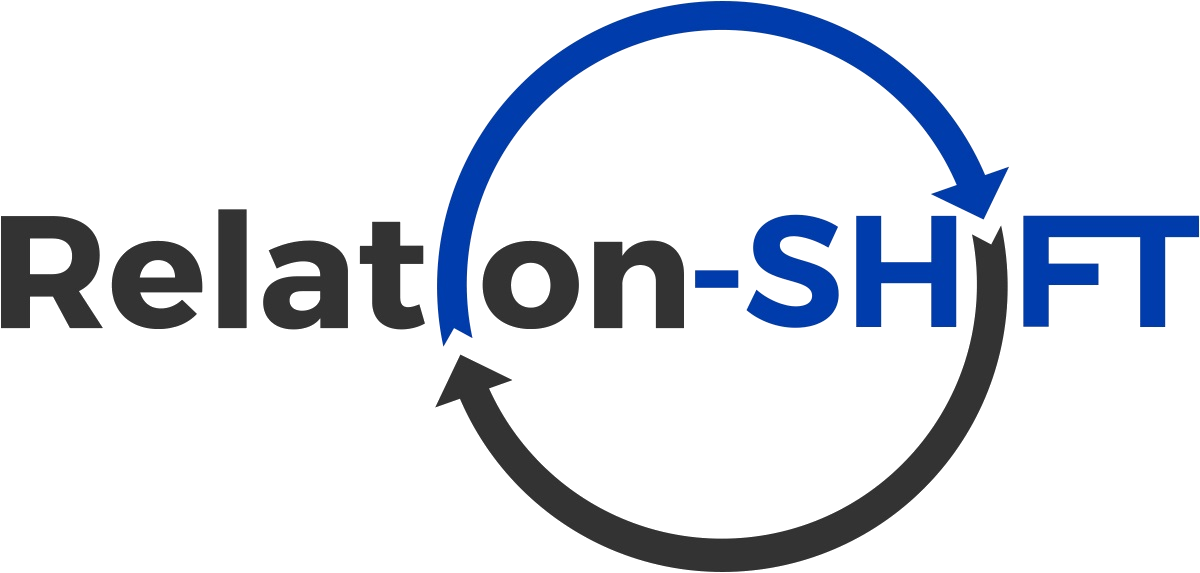




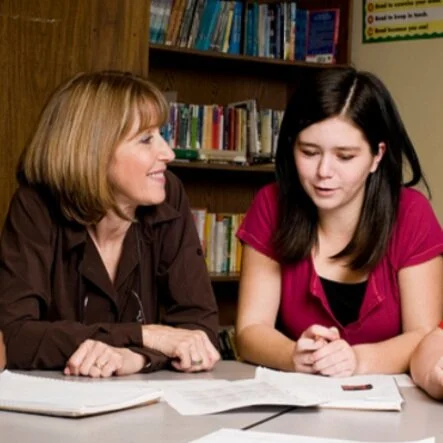
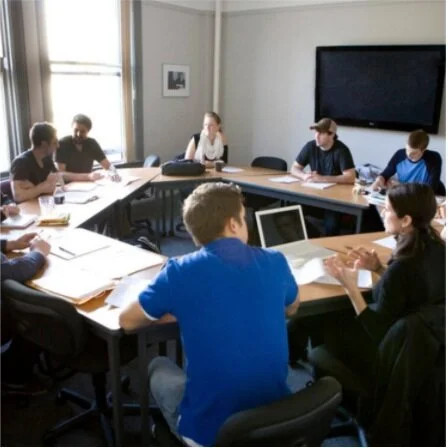
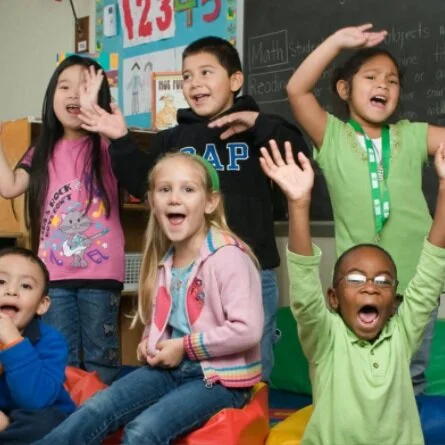
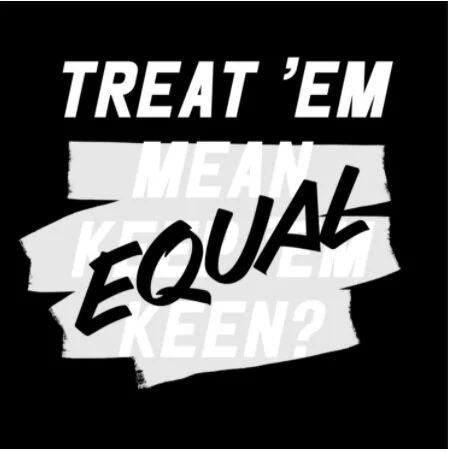
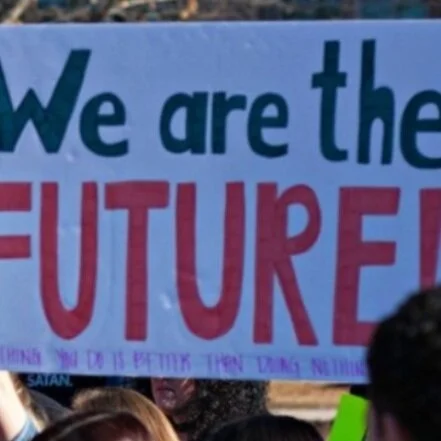

































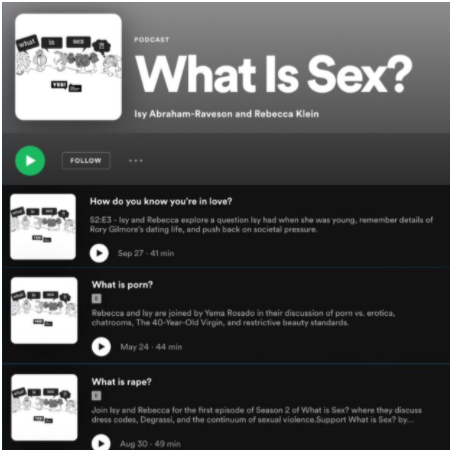



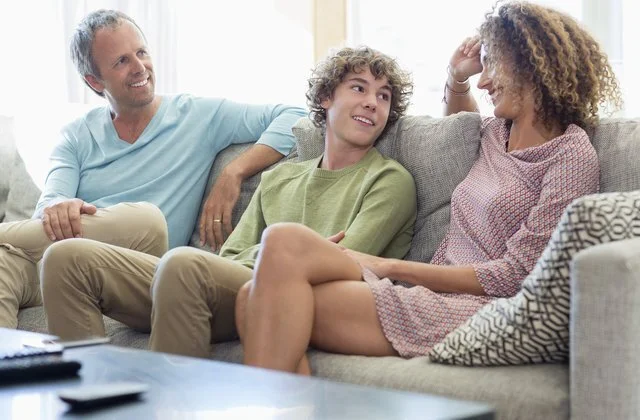





Check out this article for tips and tricks you can use to talk to your kids about consent in a developmentally appropriate way today.